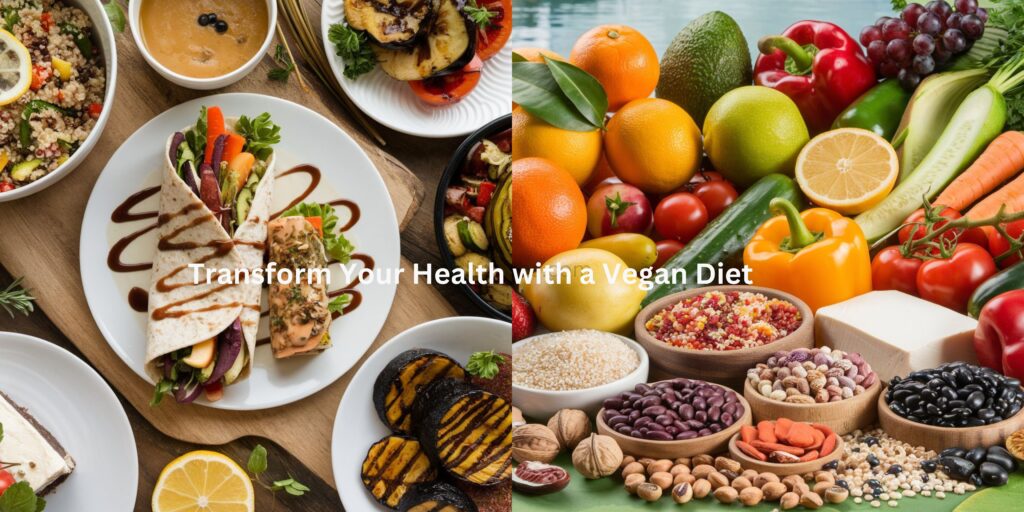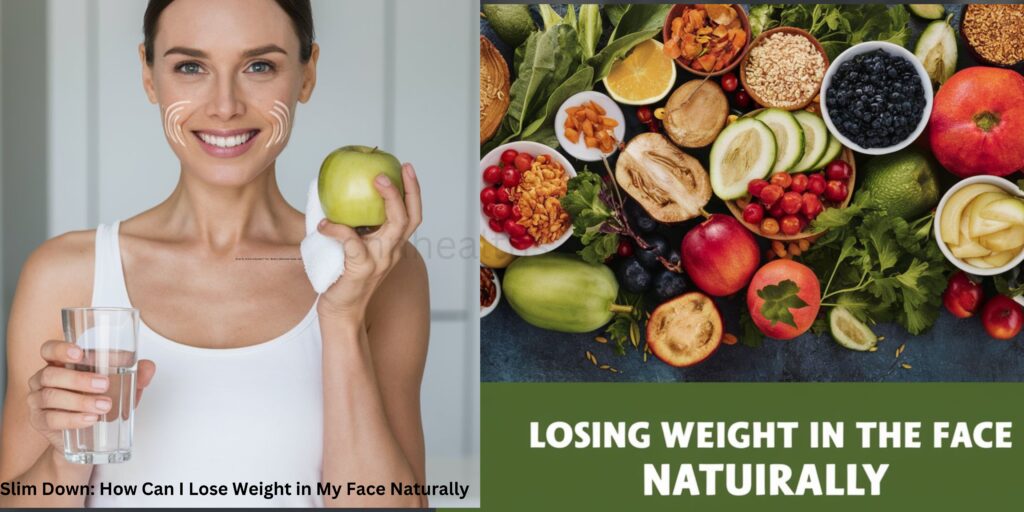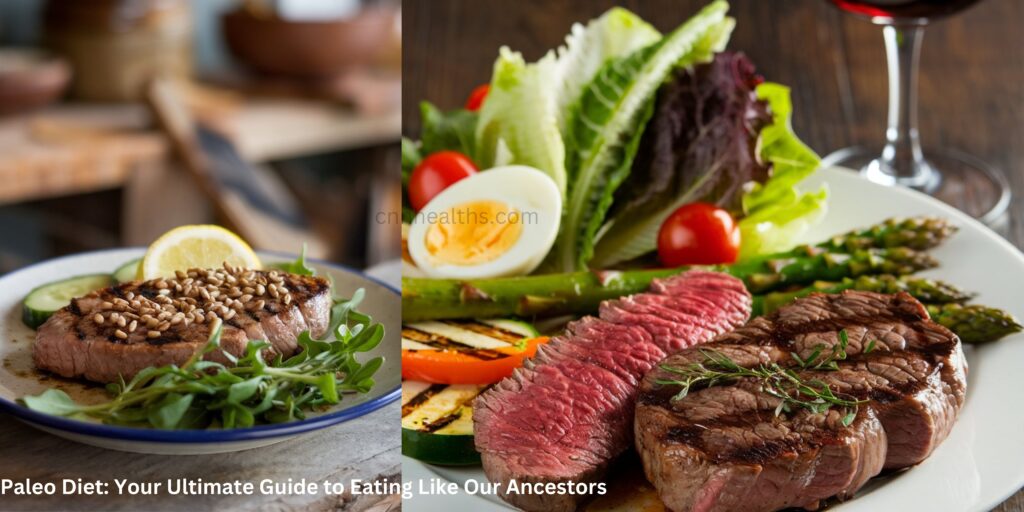Intro
This article is all about ” Transform Your Health with a Vegan Diet.” Are you looking to transform your health and well-being? A Vegan Diet might be the answer you’re seeking. This lifestyle choice not only emphasizes the consumption of plant-based foods but also promotes an array of health benefits that can enhance your overall quality of life. Whether you’re interested in weight loss, improved energy levels, or simply exploring new culinary delights, a Vegan Diet could be your next step toward a healthier you.

Understanding the Basics of a Vegan Diet
A Vegan Diet revolves around the principle of excluding all animal-derived products, such as meat, dairy, eggs, and even honey. Instead, the focus is on a rich variety of plant-based foods, including fruits, vegetables, grains, legumes, nuts, and seeds. By emphasizing these nutrient-dense choices, you can enjoy meals that are as diverse as they are delicious. Understanding this dietary shift is crucial for anyone looking to embrace veganism. Plant-based foods are often packed with fiber, which aids digestion, and antioxidants that support skin health and overall vitality. Transitioning to a Vegan Diet can open up a world of new flavors and textures, making your meals both exciting and nutritious. Incorporating a wide range of colorful produce, hearty grains, and protein-rich legumes ensures that your diet remains balanced and satisfying. The versatility of plant-based ingredients allows for endless culinary creativity, from vibrant salads to comforting stews. As you become more familiar with these foods, you’ll find it easier to craft meals that not only meet your nutritional needs but also delight your taste buds.
Health Benefits You Can Expect from a Vegan Diet
Adopting a Vegan Diet can significantly boost your health in multiple ways. Numerous studies have found that individuals following a Vegan Diet tend to have lower cholesterol levels and blood pressure. This dietary choice also reduces the risk of chronic diseases such as heart disease, diabetes, and certain cancers. Many people notice a natural weight loss due to the lower calorie and higher fiber content of plant-based foods, which promote a feeling of fullness. Additionally, the high antioxidant levels in fruits and vegetables help bolster your immune system, aiding in overall well-being. Increased energy levels are another common benefit, attributed to the nutrient-rich, clean eating that comes with a Vegan Diet. So, not only are you fueling your body with wholesome ingredients, but you’re also setting the stage for long-term health benefits.
Extremely important Things that act as foods to Focus on in a Vegan Diet
Ensuring you get all the essential nutrients on a Vegan Diet is key to maintaining optimal health. First on the list is protein, which you can find in abundance in legumes, tofu, nuts, and seeds. Iron is another crucial nutrient; include foods like lentils, chickpeas, and fortified cereals in your diet to meet your needs. Calcium can be sourced from fortified plant-based milk and leafy greens. Vitamin B12, vital for nerve function, can be obtained from fortified foods or taken as a supplement. Omega-3 fatty acids, essential for brain health, are plentiful in flaxseeds, chia seeds, and walnuts. Lastly, don’t forget vitamin D, which can be found in fortified foods or synthesized from sunlight exposure. By paying attention to these nutrients, you can thrive on a plant-based diet and enjoy the myriad health benefits it offers.
Creative and Delicious Vegan Recipes to Try
Exploring the world of vegan recipes can be a delightful culinary adventure. Imagine starting your day with a vibrant smoothie bowl brimming with fresh fruits, a sprinkle of nuts, and a dash of chia seeds for that extra crunch. For lunch, whip up a zesty quinoa salad, featuring roasted vegetables and a tangy tahini dressing that’ll leave your taste buds dancing. When dinner rolls around, indulge in a comforting vegan chili packed with a medley of beans, tomatoes, and aromatic spices. Feeling snacky? How about crispy chickpea snacks or a plate of loaded avocado toast topped with cherry tomatoes, hemp seeds, and a drizzle of balsamic glaze? And when it comes to dessert, vegan options are just as indulgent. Treat yourself to a rich avocado chocolate mousse or fudgy black bean brownies that are as decadent as they are nutritious.The beauty of a Vegan Diet is its versatility. You can recreate your favorite dishes with plant-based ingredients, ensuring they’re both delicious and wholesome. From creamy cashew alfredo pasta to hearty lentil shepherd’s pie, the possibilities are endless. Experiment with global cuisines—try a spicy Thai curry with tofu or a Mediterranean mezze platter featuring hummus, tabbouleh, and falafel. Each meal becomes an opportunity to discover new flavors and textures, making your vegan journey both exciting and deeply satisfying.
Navigating Social Situations as a Vegan
Navigating social situations as a vegan can be a breeze with a little preparation and a positive mindset. When dining out, choose restaurants known for their vegan-friendly options or review the menu online beforehand. Don’t hesitate to call the restaurant and inquire about vegan dishes or modifications—they’re often more accommodating than you might think.When attending social gatherings, consider bringing a delicious vegan dish to share. This not only ensures you have something to enjoy but also introduces others to the flavorful possibilities of vegan cuisine. It can spark interesting conversations and even inspire others to try more plant-based meals.For family events, communicate your dietary choices respectfully and offer to help with meal planning or cooking. Many hosts appreciate the gesture and are happy to include vegan options.Networking events and office parties can be trickier, but keeping snacks like nuts, fruit, or a vegan protein bar in your bag can save the day. Remember, being vegan is a personal choice that reflects your values. Approach social situations with confidence and kindness, and you’ll find that most people are supportive and curious about your lifestyle. By showing enthusiasm for your Vegan Diet, you can effortlessly navigate these occasions while staying true to your dietary preferences.
Vegan Diet for Athletes and Active Individuals
A Vegan Diet can be incredibly beneficial for athletes and those with active lifestyles, dispelling the myth that plant-based eating can’t support high physical demands. With thoughtful meal planning, you can meet and even exceed your nutritional needs. Protein, a key component for muscle repair and growth, is abundantly available in foods like chickpeas, lentils, tempeh, and quinoa. Incorporating a variety of these protein-rich options into your meals ensures that you’re fueling your body efficiently.Carbohydrates are another essential nutrient for active individuals, providing the energy needed for workouts and recovery. Whole grains such as brown rice, oats, and whole wheat pasta, along with starchy vegetables like sweet potatoes, offer sustained energy release. Healthy fats found in avocados, nuts, and seeds also play a critical role in maintaining energy levels and supporting overall health.For those post-workout needs, a smoothie loaded with spinach, bananas, and a scoop of plant-based protein powder makes for a quick, nutrient-dense snack. Additionally, staying hydrated is vital, so consider incorporating coconut water or homemade electrolyte drinks into your routine.With the right approach, a Vegan Diet not only meets the demands of an active lifestyle but can also enhance performance, recovery, and overall well-being.
Environmental Impact of Choosing a Vegan Diet
Embracing a Vegan Diet extends its benefits beyond personal health to making a significant positive impact on the environment. The practice of animal agriculture is a leading cause of environmental degradation, contributing substantially to greenhouse gas emissions, deforestation, and excessive water usage. By choosing a plant-based lifestyle, you’re actively reducing your carbon footprint, thereby playing a crucial role in the struggle against climate change.Plant-based foods generally require fewer natural resources to produce compared to animal products. For instance, growing vegetables, grains, and legumes typically uses less water and land, and generates fewer pollutants. This means that every meal you enjoy can help conserve precious natural resources and reduce pollution.Moreover, supporting sustainable and local agriculture amplifies these environmental benefits. Locally sourced plant-based foods not only taste fresher but also minimize the environmental costs associated with transportation and storage. Shopping at farmers’ markets or participating in community-supported agriculture programs can further ensure that your diet aligns with eco-friendly practices.Your dietary choices can also help preserve biodiversity. Reducing the demand for animal products diminishes the need for extensive mono culture crops that feed livestock, allowing for more diverse and resilient ecosystems. By opting for a Vegan Diet, you’re making a powerful statement for the health of our planet.
Ethical Considerations and Animal Welfare
Choosing a Vegan Diet is often a deeply personal decision rooted in ethical considerations, particularly concerning animal welfare. Many individuals are driven by the desire to minimize animal suffering and exploitation. By choosing plant-based foods, you’re making a conscious effort to avoid supporting industries that harm animals . This decision reflects a loyalty to/promise to kindness and respect for all living beings. Adopting a Vegan Diet aligns with the values of kindness and empathy, promoting a lifestyle that prioritizes the well-being of animals. This ethical stance can be incredibly empowering, providing a sense of purpose and fulfillment. It can also foster a deeper connection to the natural world, as you become more aware of the impact of your choices.Additionally, embracing veganism often leads to a greater appreciation for the richness and diversity of plant-based foods. It encourages mindful eating, where you consider not just the taste and nutrition of your meals but also the broader ethical implications. This shift in perspective can be incredibly rewarding, offering a holistic approach to wellness that encompasses physical health, environmental sustainability, and animal welfare.By opting for a Vegan Diet, you are choosing to live in harmony with your values, making a positive impact on the world around you.
Common Myths and Misconceptions About Veganism
Despite its increasing popularity, veganism is often misunderstood. One common very old story/untrue story is that a Vegan Diet can’t provide enough protein. In reality, there are numerous plant-based protein sources, such as beans, lentils, and quinoa, which can adequately meet your needs. Another mistake in thinking is that a Vegan Diet is way, way too expensive. While specialty vegan products can be pricey, staples like grains, legumes, and seasonal produce are often budget-friendly. Smart shopping and meal planning can make a Vegan Diet both low price and delicious. People also sometimes believe that veganism is overly restrictive. However, the variety of plant-based foods available allows for endless creativity in the kitchen. From international cuisines to innovative meat substitutes, your culinary options are far from limited. Lastly, there’s the notion that a Vegan Diet is nutritionally inadequate. With careful planning, you can easily meet all your nutritional requirements, including essential vitamins and minerals. Fortified foods and supplements can fill any gaps, ensuring a well-rounded diet. In short, the myths surrounding veganism are often based on outdated information or misconceptions. With the right knowledge and a bit of creativity, you can enjoy a diverse, nutritious, and satisfying Vegan Diet.
Tips for Transitioning to a Vegan Diet Smoothly
Transitioning to a Vegan Diet can feel overwhelming at first, but with a few practical tips, the process can be both enjoyable and rewarding.
Start by slowly making into company more plant based meals into your special food.
This could be as simple as having oatmeal with fruits for breakfast or a veggie stir-fry for dinner. Explore plant-based alternatives for your favorite animal products—think almond milk instead of dairy or tofu instead of chicken.Meal planning is key. Take some time each week to plan your meals and make a shopping list. This secures/makes sure of you have all the ingredients you need and helps you avoid the (desire to do or get involved with) of non-vegan options. Experiment with new recipes and flavors to keep your meals exciting. From full of life salads to warm stews, the possibilities . Experiment with new recipes and flavors to keep your meals exciting. From vibrant salads to hearty stews, the possibilities are endless.Educate yourself about vegan nutrition to ensure you’re meeting your dietary needs. Focus on a balanced diet rich in protein, iron, calcium, and other essential nutrients. There are numerous resources, including cookbooks and online communities, that can offer guidance and support.It’s also helpful to connect with other vegans, whether through local groups or online forums. Sharing experiences and tips can make the transition smoother and more enjoyable. Finally, be patient with yourself. It’s okay to make mistakes along the way. Celebrate your progress, and remember that every small step counts toward a healthier, more compassionate lifestyle.

